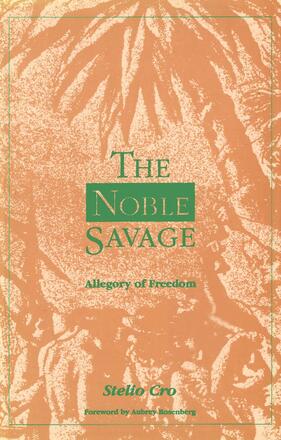
The Noble Savage
Allegory of Freedom
Description
Stelio Cro’s revealing work, arising from his more than half dozen previous books, considers the eighteenth-century Enlightenment in the context of the European experience with, and reaction to, the cultures of America’s original inhabitants. Taking into account Spanish, Italian, French, and English sources, the author describes how the building materials for Rousseau’s allegory of the Noble Savage came from the early Spanish chroniclers of the discovery and conquest of America, the Jesuit Relations of the Paraguay Missions (a Utopia in its own right), the Essais of Montaigne, Italian Humanism, Shakespeare’s Tempest, writers of Spain’s Golden Age, Defoe’s Robinson Crusoe, and the European philosophes.
Reviews
Stelio Cro's book is a well-written, logical progression of the theme of the noble savage seen through the lens of comparative literatures, and important focus that has heretofore been absent. This book is an excellent study on the history of utopias and the noble savage and their role in Western European thought.
- Dianne M. Bono, The William Paterson College of New Jersey, Colonial Latin American Review, Vol. 2, nos. 1-2, 1993